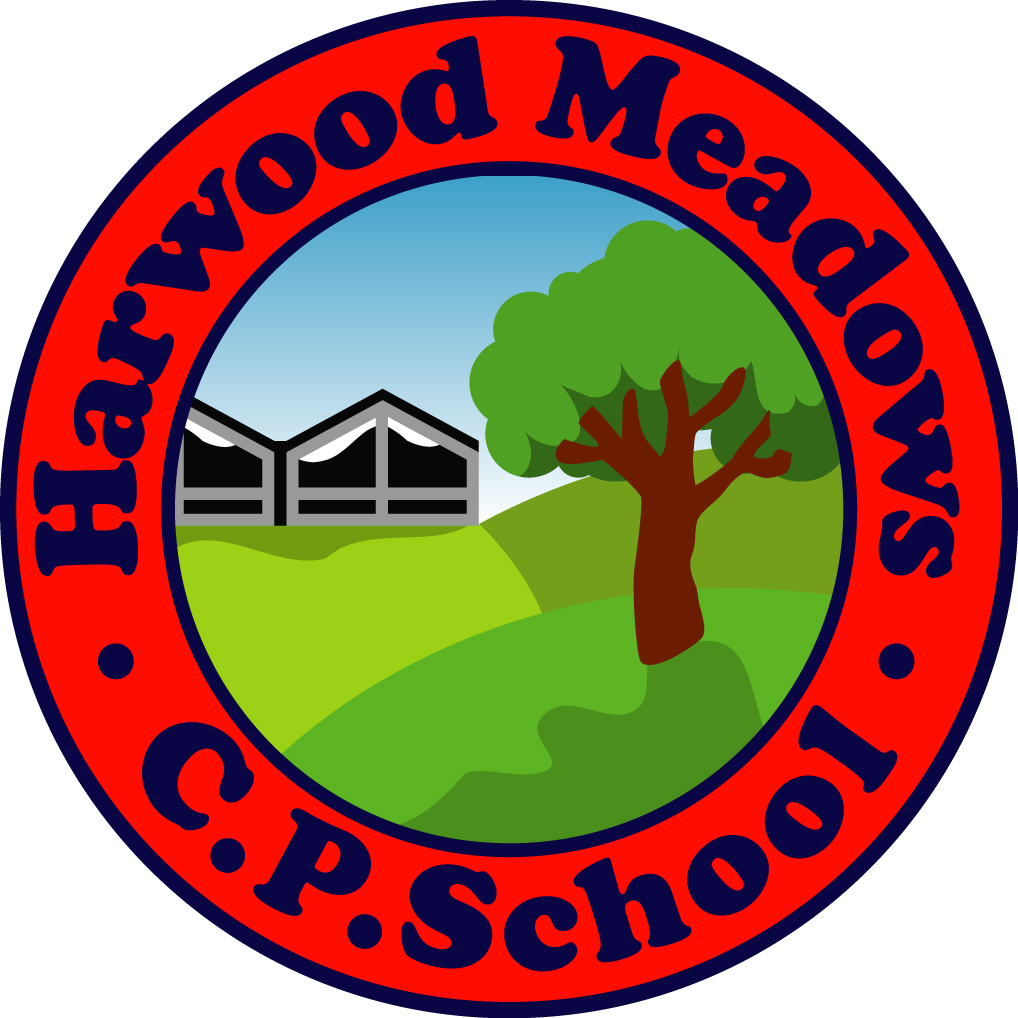Geography
GEOGRAPHY
INTRODUCTION
In our curriculum geography will inspire in pupils a curiosity and fascination about the world and its people that will remain with them for the rest of their lives. As pupils progress, their growing knowledge about the world will help them to deepen their understanding of the interaction between physical and human processes, and of the formation and use of landscapes and environments.
INTENT
- To stimulate pupils’ interest and to help them foster a sense of wonder in the world around them whilst developing an informed concern for the quality of the environment
- To enable pupils acquire a wide range of geographical knowledge and skills to enable them to understand the relationship between Earth and its people
- To enable pupils understand that the character of places derives from the interaction of people and environment, by increasing their knowledge about the location of the physical and human features of the Earth and the processes, systems and interrelations that create and influence them
- To develop pupils’ knowledge of the location of different places including their physical and human characteristics and how these provide context for understanding their geography
- To enable children to understand how the Earth’s features are shaped, and change over time
- To enable pupils understand the processes that give rise to key physical and human geographical features of the world, how these are interdependent and how they change over time
- To develop the geographical skills needed to collect and analyse information gathered through first hand experiences of the environment and to carry out geographical enquiries
- To enable pupils to interpret a range of sources of geographical information, including maps, diagrams, globes, aerial photographs and communicate geographical information in a variety of ways, including through maps, numerical and quantitative skills and recording
- To use geography to develop pupils' thinking skills, skills in literacy, numeracy and ICT and to promote pupils' awareness and understanding of gender, cultural, spiritual and moral issues.
IMPLEMENTATION
- Geography in this school is underpinned by the study of real places and discovering how the people living there are influenced by and affect the environment of those places
- Children develop knowledge and geographical understanding by first immersing them in the area where they live and then by gradually widening their horizons and increasing their awareness of their town, their region, their nation, other lands and continents
- Teaching and learning will use exciting first-hand experiences, imaginative resources and ICT (e.g. Digimaps, Google Earth, Oddizzi) to build pupils’ knowledge about different places, peoples, resources and natural and human environments, together with a deep understanding of the Earth’s key physical and human processes
- The NC programme of study is adapted to suit our local context and make them relevant for the children. The scheme of work is designed so that pupils are increasingly challenged as they move through the school
- Fieldwork and first-hand experience are fundamental to the teaching and learning of geography and where appropriate, all pupils are given the opportunity to go out into the local and wider environment to research and discover the world in which they live
- Research projects in geography will be linked to other core and foundation subjects, particularly history, art and science and meaningful connections will be made as pupils increase their knowledge, skills and understanding of the world
- Assessment will be based on key skills and essential knowledge and understanding within the Geography NC programme of study
- Every Geography lesson will begin with a brief ‘mental and oral’ warm up of key locational skills taught throughout school so far to ensure key knowledge is embedded
- Key vocabulary linked to the geography topic will be embedded in learning and will be displayed in every classroom
- Mind maps will be used at the beginning and end of each topic to assess progress within a unit of learning, this will coincide with the use of quizzes such as ‘kahoot’ to assess learning.
IMPACT
We focus on progression of knowledge and skills and discreet vocabulary which also form part of the units of work. We measure the impact of our curriculum through the following methods:
- Assessing children’s understanding of topic linked vocabulary before and after the unit is taught.
- Summative assessment of pupil discussions about their learning.
- Images and videos of the children’s practical learning.
- Interviewing the pupils about their learning (pupil voice).
- Subject leader monitoring and teacher dialogue where pupil’s work is scrutinised and there is the opportunity for teachers to understand their class’s work and develop curriculum opportunities further.
Geography will inspire in pupils a curiosity and fascination about the world and its people that will remain with them for the rest of their lives. It will increase their knowledge and understanding of the world and it will be used to promote excellence and enjoyment. It will be linked with other subjects and it will have a strong presence in the ethos of the school through art, displays, performances, music, drama and assemblies. We will make the world our classroom to enrich the lives of our pupils. A portfolio of work from across school will be built up to show examples of the range of work done and evidence of progression.
